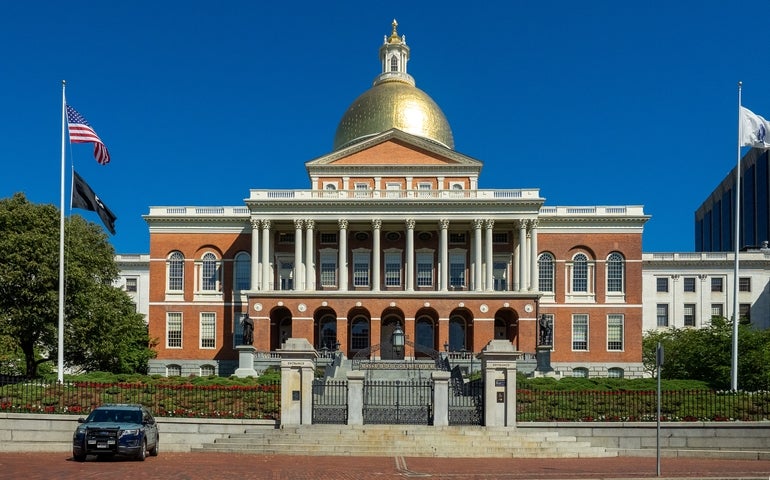Facing intense scrutiny from state regulators who want to eliminate the industry entirely, suppliers that sell electricity directly to residential customers are rolling out a new analysis that warns not to “throw the baby out with the bathwater.”
The Retail Energy Advancement League plans to release a report Monday arguing that although the industry needs reforms, it offers enough benefits for customers — and for policymakers hoping to shift the state to clean energy sources — that warrant keeping it a part of the landscape.
The industry-backed group commissioned Paul Hibbard, who chaired the state Department of Public Utilities from 2007 to 2010, to produce the report. A spokesperson declined to share how much REAL paid Hibbard for the 93-page document.
Hibbard wrote that the retail competitive supply of electricity is “at something of a crossroads.”
“Changes are needed to better protect consumers, and failure to do so risks losing the opportunity to capture the benefits of retail choice for all consumers,” Hibbard wrote. “Some states and advocates appear to lean towards doing away with retail choice due to a perception of low benefits and negative experiences with marketing and supply to residential customers — experiences that by and large can be cured through corrective program design, regulatory action, and education. But doing away with retail choice — rather than improving it — would be a mistake.”
Massachusetts has allowed its residents to get their electricity directly from a competitive supplier rather than a utility company since 1998, the year after Beacon Hill approved a deregulation law. More than 500,000 Bay Staters now receive their electricity from competitive suppliers.
Altogether, 17 states and Washington, D.C. have some form of competitive electricity supply available to retail customers, according to the report.
“Twenty years ago, I think the priority of the creation of retail choice and restructuring markets was to really just drive down costs and to have greater utility accountability, and those priorities have changed over time,” Christopher Ercoli, REAL’s president and CEO, told the News Service. “You can’t solely look at price, you have to look at the holistic picture of what retail choice provides to customers. There’s clear benefits, and I think this report outlines that absent of taking those benefits away, what we need to do is put in place proper protections for consumers.”
Hibbard said the additional choice has “substantially increased the options available to consumers for the purchase of electricity, and has clearly produced a diverse array of products that give electricity customers the power to choose electricity supply based on price, risk tolerance, budgeting needs, and desired contract terms.”
More competition can lower customer costs in the long run, Hibbard wrote.
The report also argued that more retail options outside utilities can accelerate states’ progress toward their clean energy goals by offering customers plans that surpass renewable energy standards.
Massachusetts lawmakers and regulators have been ramping up calls to crack down on the competitive electric supply industry, describing regular use by the companies of deceptive sales pitches that wind up saddling customers with higher costs.
Gov. Maura Healey pushed for reforms when she was attorney general, and her successor, Andrea Campbell, said last month that predatory practices are “the backbone of this industry.”
“It is egregious that we allow this industry to continue to harm and prey upon people who are really struggling to pay basic necessities like food, housing and their utilities,” Campbell told lawmakers.
While some lawmakers are pushing for legislation that would prohibit suppliers, energy marketers and energy brokers from signing up new residential retail customers, REAL instead backs a bill that would allow the services to continue with new guardrails.
The legislation filed by Rep. Tackey Chan (H 3155) includes a range of measures already in place in several other states, like a requirement for suppliers to alert customers before a contract automatically renews.
“These are really fundamental things that need to be in place in Massachusetts,” said Abby Foster, REAL’s vice president of policy and advocacy.

